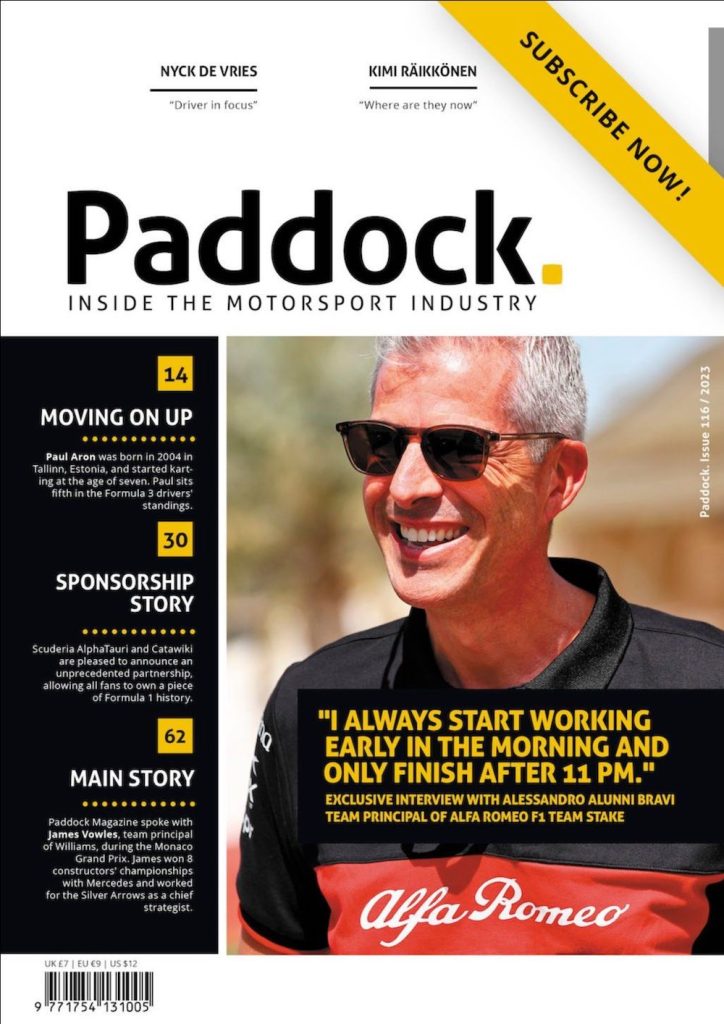As a small business owner, leasing a car is one of the best ways to optimise your business. With a car lease, you will hit the road and meet the demands of your clients in quality cars that mirror the standard and reputation of your business.
Click here to subscribe to our print edition!
Finding the perfect car lease for your business can be challenging, even for veteran car buyers. However, you can observe certain established steps and procedures while taking out a car lease for your business.
Easy Steps to Observe While Leasing a Vehicle for Your Small Business
1. Conduct proper research
Before leasing a car for your small business, you need to conduct proper research on car leasing, its benefits and drawbacks, and how it fits into the operations of your business.
If you intend to use the car solely for business, you will be entitled to recover 100% VAT on your payments. However, if the lease car is for personal and business purposes, you would be allowed to reclaim 50% VAT.
Consider your business balance sheet and the sum you can spend on a car lease. Look at the lease’s length and the vehicle’s suitability for your business. If your business requires luxury vehicles, you should compare RS3 leases online for some of the best deals available.
Aside from the stipulated monthly payments, you should also acquaint yourself with terms like gap insurance, mileage allowance, a buyout price, security deposit, and disposition fees.
2. Visit a dealership
With the above information, visit a car dealership to follow up on the offers in your price range. Dealerships usually resell leased vehicles, so most dealerships prefer to put their newest and latest models up for leasing.
Aside from dealerships, you can also access car leases from manufacturers and banks rendering leasing programs. You can test drive different vehicles until you discover the one that best meets your business’s needs.
Remember to shop for your vehicle as if you intend to buy them. You want the dealer to negotiate with the intention that you wish to buy the car.
3. Choose your car
When choosing a car for your business, your considerations should be practical. Go for cars with excellent cargo and seating capacity. Choose vehicles with quality gas mileages to help you manage fuel costs. Prioritise safety features such as blind spot warning, lane departure warning, forward collision prevention, emergency braking, etc.
Don’t forget that your car is a testament to the quality and standard of your business operations. Therefore, base your selection on functionality and style.
4. Hammer out your lease terms
After selecting your vehicle, up next are the paperwork and the lease contract terms. Here comes the most challenging part: getting the lease deal you want. There are two types of lease contracts; open and closed leased contracts.
An open lease contract is conventionally used for business car leasing, and the lessee is required to pay the difference between the vehicle’s resale value and residual value. A closed deal does not factor in the car’s residual value at the end of the lease; however, the lessee will make payment for exceeding the allowed mileage and damages.
Most businesses opt for open leases since companies spend many miles on their cars. It is cheaper to pay the value difference than for the mileage overage.
Other terms you need to negotiate to include monthly payments, deposit, length of the lease, allowed mileage, warranties and what they cover, the interest rate on the lease, other related fees such as disposition and acquisition fees, etc.
5. Drive away your new car!
Your lease agreement is ready. Proceed to sign the paperwork and pay the required drive-away price. Before leaving the dealership, you may want to be adequately insured. You can take advantage of the gap insurance, which provides the difference between your car’s current value and the total sum you owe.
Ensure you take good care of your car, as it can only serve your business as well as you cater for it. Keep to the allowed mileage and take advantage of the services provided under your car lease warranties. Endeavour to carry out routine maintenance like oil changes, to keep it working optimally.
Conclusion
Leasing is an excellent choice for small businesses looking to increase their outputs. You can access the newest models of vehicles at no cost while rendering quality services to your customers.






Related Articles